Explore the best space movies of all time, from groundbreaking classics to modern blockbusters that transport you beyond our world.
2001: A Space Odyssey (1968)
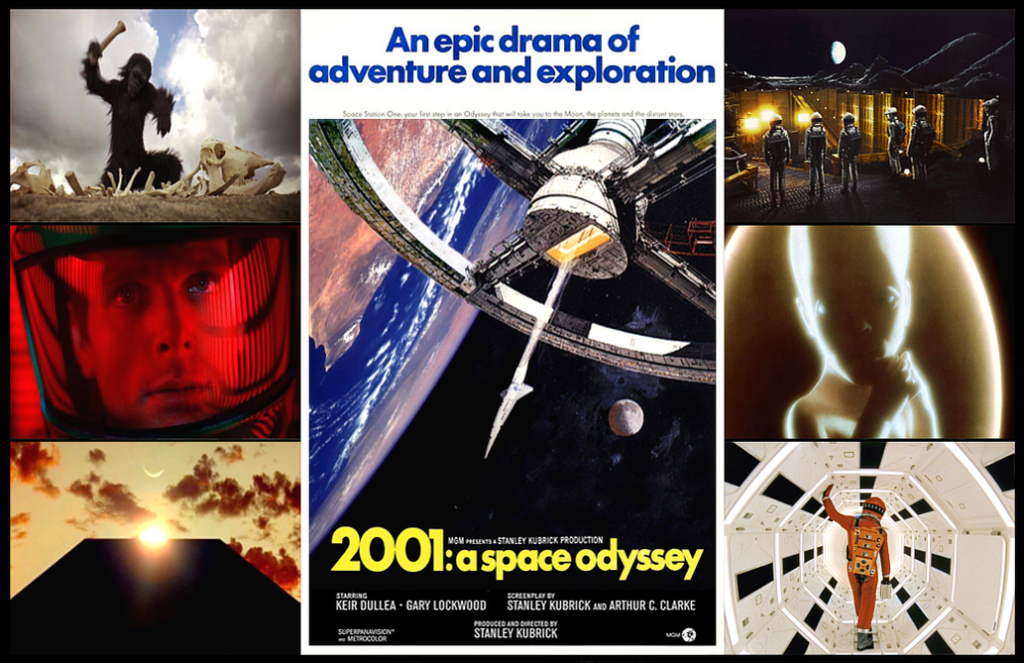
Stanley Kubrick’s landmark film begins with a mysterious prologue on prehistoric Earth before fast-forwarding to a voyage to Jupiter. The narrative unfolds deliberately, focusing on astronaut Dave Bowman’s journey aboard the spacecraft Discovery One and his encounters with the ship’s sentient computer, HAL 9000. Viewers are drawn into a philosophical exploration of human evolution, intelligence, and the unknown forces guiding our destiny.
The film’s pioneering special effects—created through meticulous models and innovative camera techniques—still hold up as some of the most realistic portrayals of space ever filmed. Its iconic use of classical music, including “Also sprach Zarathustra” and “The Blue Danube,” elevates each scene into a sensory experience that blurs the line between film and cosmic meditation. As both a technical achievement and an existential inquiry, 2001: A Space Odyssey remains a cornerstone of the best space movies ever made.
Interstellar (2014)
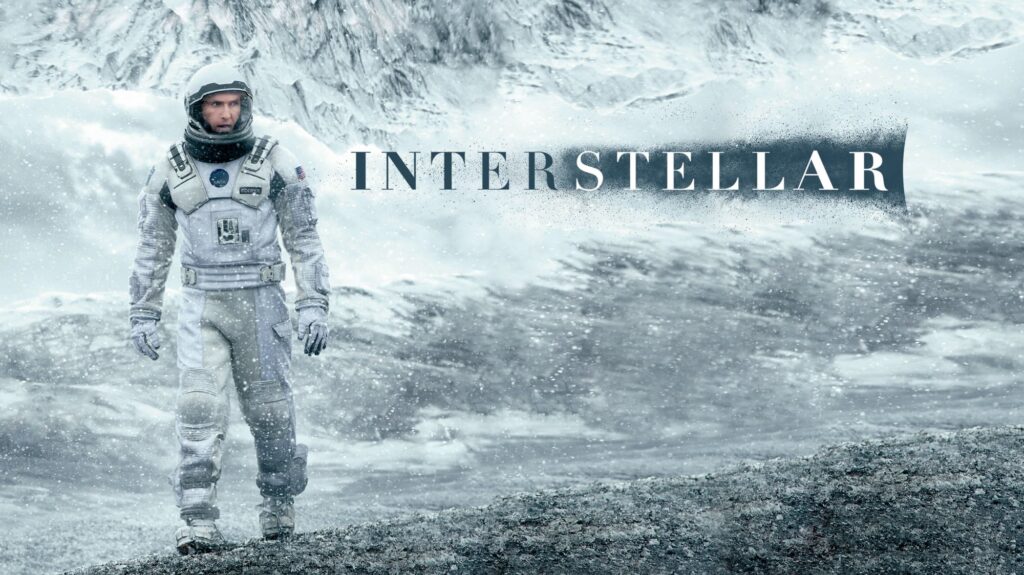
Christopher Nolan’s epic opens on a dystopian Earth where blight and dust storms threaten humanity’s survival, prompting former pilot Cooper to join a secret NASA mission to find a new home. Traveling through a wormhole near Saturn, Cooper and his crew explore three potentially habitable planets, each presenting physical and emotional challenges that test their resolve and faith in science.
Interstellar stands out for its commitment to real theoretical physics, consulting with physicist Kip Thorne to depict phenomena like time dilation and black holes with unprecedented accuracy. Hoyte van Hoytema’s cinematography and Hans Zimmer’s pulsating score immerse the audience in both the beauty and danger of deep space. This combination of heartfelt drama and scientific rigor secures its place among the best space movies of the modern era.
The Martian (2015)
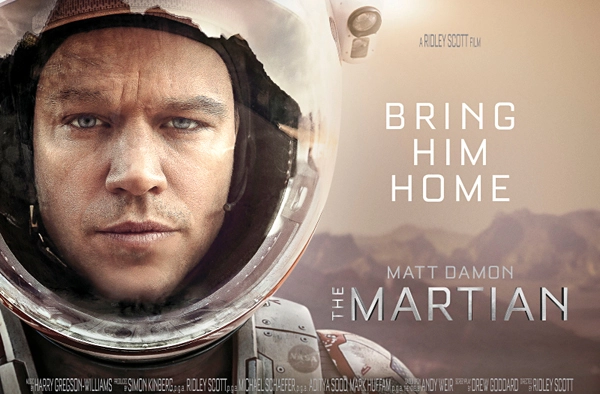
Ridley Scott’s adaptation of Andy Weir’s novel follows astronaut Mark Watney as he uses wit and scientific know-how to survive alone on Mars after being presumed dead. The film balances tension and humor, chronicling Watney’s innovative methods—like growing potatoes in Martian soil—and NASA’s efforts to bring him home. Matt Damon’s charismatic performance anchors the story in human resilience and optimism.
Beyond its entertaining plot, The Martian celebrates the problem-solving spirit at the heart of space exploration. Its accurate depiction of technologies such as the Mars habitat and the Hermes spacecraft, combined with clear explanations of orbital mechanics, makes the film both educational and thrilling. This blend of authenticity and adventure has cemented it among the best space movies for general audiences and space enthusiasts alike.
Apollo 13 (1995)
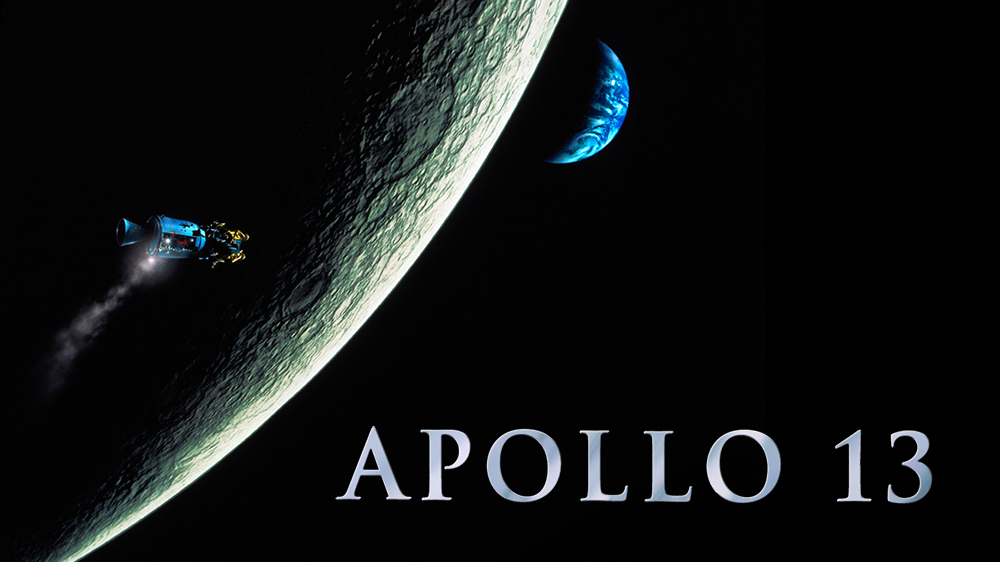
Based on the harrowing real-life 1970 lunar mission, Ron Howard’s Apollo 13 dramatizes the crisis that unfolds when an oxygen tank explodes en route to the Moon. Tom Hanks, Kevin Bacon, and Bill Paxton portray the astronauts whose lives hang in the balance as NASA engineers work tirelessly on Earth to devise a rescue plan. The film captures the tension of mission control and the ingenuity required to improvise solutions with limited resources.
Its gripping narrative and attention to historical detail earned widespread acclaim for making viewers feel as though they were part of the mid-century space race. The movie underscores themes of teamwork, human ingenuity, and calm under pressure, reminding audiences why the Apollo era remains a cornerstone of the best space movies based on true events.
Gravity (2013)
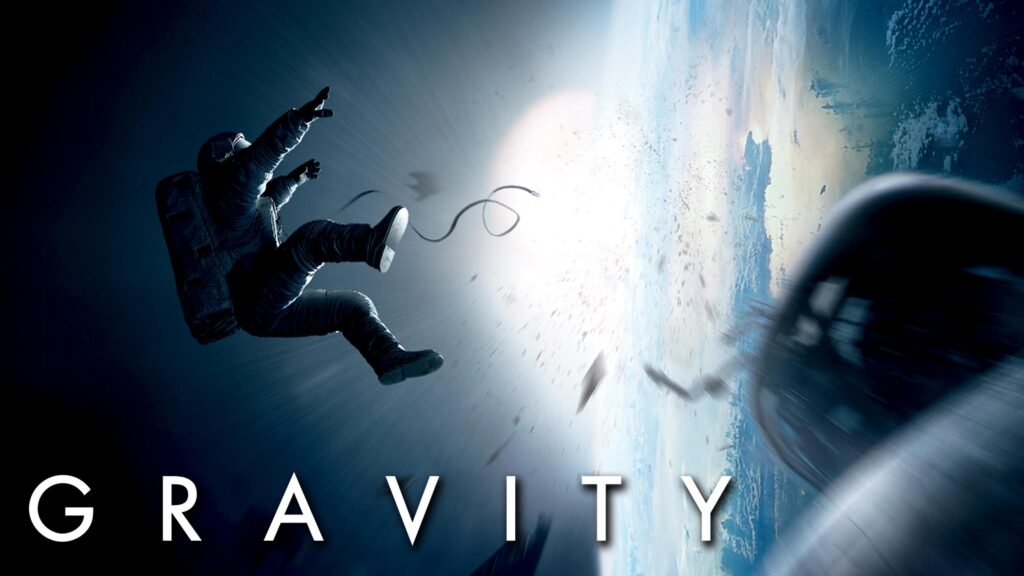
Alfonso Cuarón’s Gravity centers on Dr. Ryan Stone (Sandra Bullock) and veteran astronaut Matt Kowalski (George Clooney) as they attempt to survive after debris from a destroyed satellite devastates their shuttle. The film immerses viewers in the terror of spinning untethered in the void, with long, unbroken takes that heighten the sense of disorientation and isolation.
The realistic portrayal of zero-gravity movement, achieved through innovative rigging and digital effects, set a new benchmark for visual storytelling in space. Cuarón’s direction, combined with Steven Price’s haunting score, transforms Gravity into an emotional odyssey about loss, perseverance, and rebirth—qualities that firmly place it among the best space movies of the 21st century.
Alien (1979)
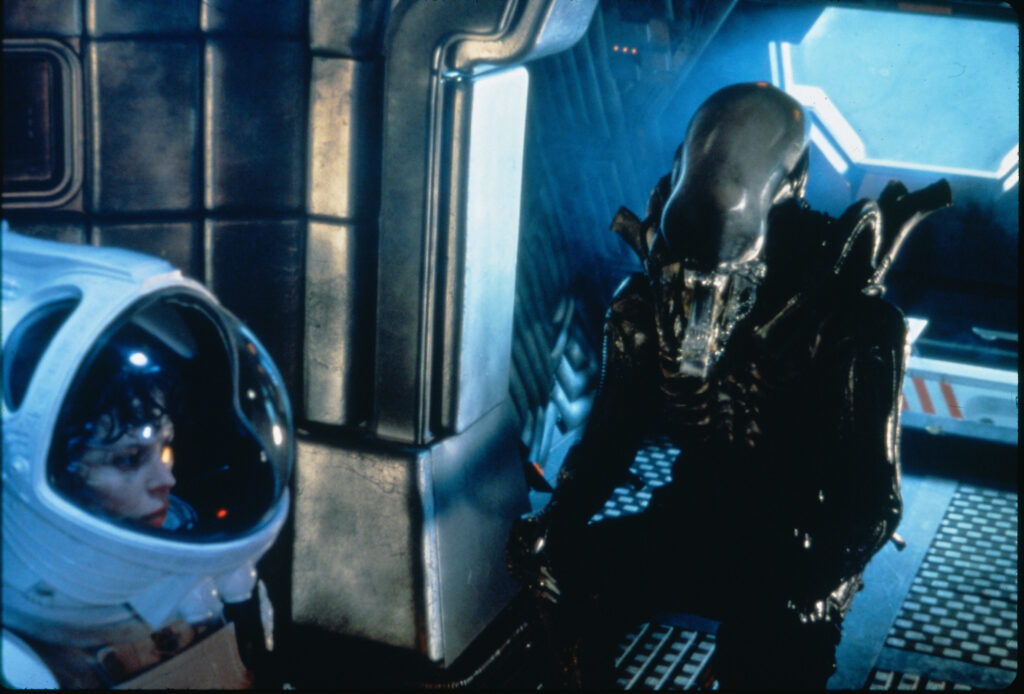
Ridley Scott’s Alien begins on the commercial spaceship Nostromo, where a routine investigation on a distant moon unleashes a deadly extraterrestrial creature. The film expertly blends suspense and horror, using tight corridors and dark shadows to amplify fear before the creature ever fully appears. Sigourney Weaver’s breakout performance as Ellen Ripley introduced a new kind of sci-fi heroine—resourceful, determined, and deeply human.
The movie’s groundbreaking creature design by H.R. Giger and its use of practical effects created a visceral, nightmarish atmosphere that influences horror and science-fiction films to this day. Alien expanded the boundaries of what space movies could achieve in terms of tone, character depth, and visual artistry, earning it a permanent spot on any list of the best space movies.
Sunshine (2007)
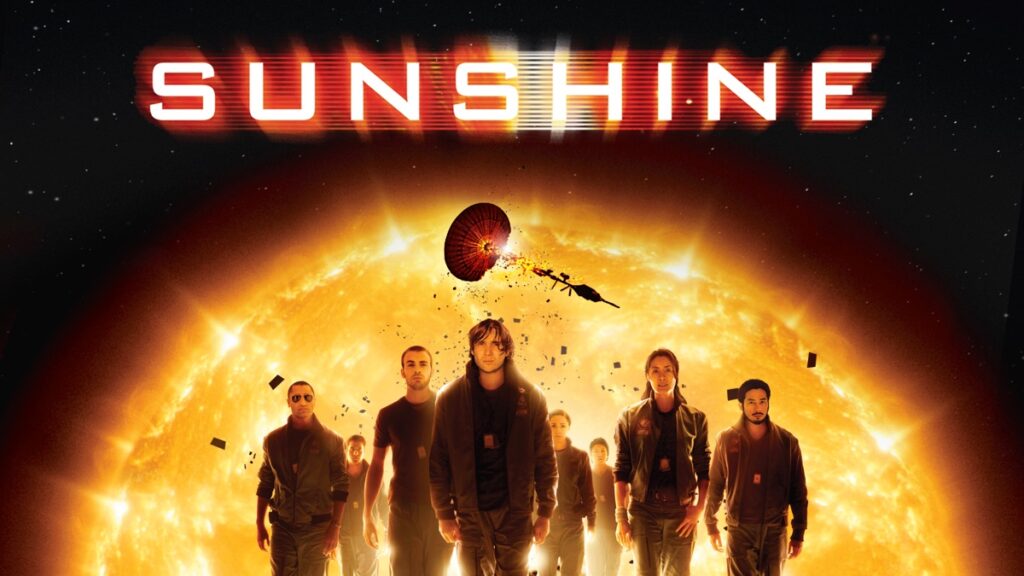
Danny Boyle’s Sunshine follows a multinational crew on a mission to reignite the dying Sun with a massive nuclear device. As they approach their target, technical failures and psychological strain threaten to doom the mission. The film combines high-stakes thrills with meditations on sacrifice, faith, and mankind’s responsibility to preserve life.
Shot with dynamic, claustrophobic camerawork and a score that oscillates between serene and unsettling, Sunshine creates an intense atmosphere of wonder and dread. The blend of hardcore science, compelling character arcs, and philosophical questions about humanity’s place in the cosmos make it one of the most intellectually engaging entries among the best space movies.
Moon (2009)
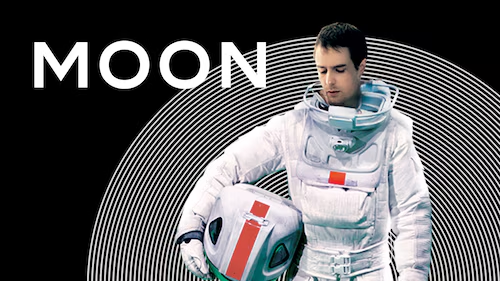
Duncan Jones’s Moon tells the story of Sam Bell (Sam Rockwell), a solitary miner nearing the end of a three-year stint extracting helium-3 on the lunar surface. Isolated in a stark lunar base, Sam experiences hallucinations and confronts unsettling discoveries that call his identity and mission into question. Rockwell’s nuanced performance captures the loneliness and moral ambiguity of long-term space labor.
The film’s minimalist production design emphasizes the cold, sterile environment of the Moon, while its science-fiction premise explores themes of corporate ethics and what it means to be human. Moon stands out among the best space movies for its intimate scale and thought-provoking narrative, proving that grand ideas can flourish even in a small setting.
Star Wars: Episode IV – A New Hope (1977)
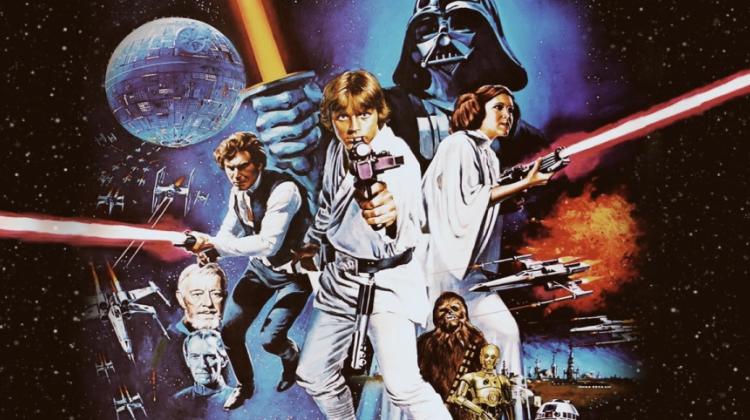
George Lucas’s space opera introduced audiences to the battle between the Rebel Alliance and the Galactic Empire, centered on Luke Skywalker’s journey from farm boy to hero. With iconic characters like Princess Leia, Han Solo, and Darth Vader, the film blends mythic storytelling with swashbuckling adventure across diverse alien worlds. Its groundbreaking special effects by Industrial Light & Magic set new standards for visual spectacle.
More than just a movie, A New Hope became a cultural phenomenon, spawning sequels, merchandise, and a dedicated fanbase. Its impact on filmmaking and popular culture is immeasurable, inspiring generations of storytellers and solidifying its place as one of the most influential and best space movies ever made.
The Right Stuff (1983)
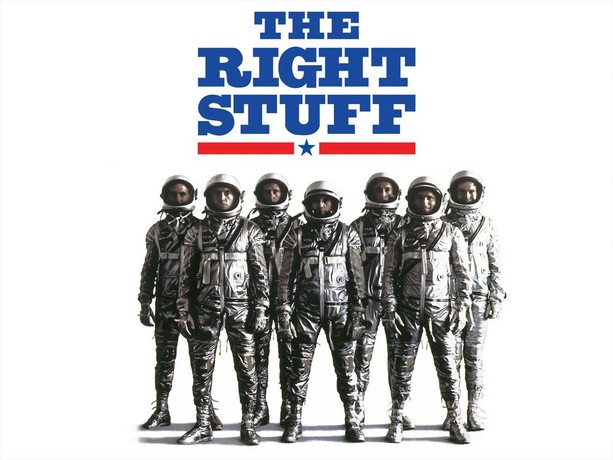
Philip Kaufman’s adaptation of Tom Wolfe’s book chronicles the early days of the U.S. space program, focusing on the Mercury Seven astronauts and the test pilots who paved the way. The film balances exhilarating flight sequences with personal moments, capturing both the bravado and vulnerability of men who risked everything for exploration.**
Through its ensemble cast and meticulous period detail, The Right Stuff celebrates the pioneering spirit and teamwork that defined the dawn of human spaceflight. Its blend of historical drama and character-driven storytelling ensures its legacy as one of the finest true-story entries among the best space movies.
